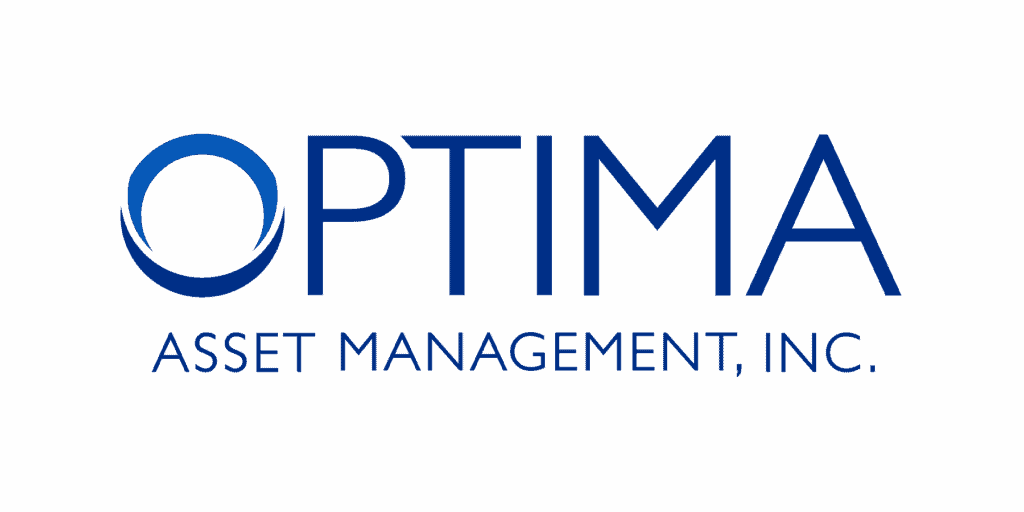Would you go to the doctor for a physical once every ten years, and neglect your physical health in the interim? Of course not! You shouldn’t do this with your financial health, either. A good financial plan is not static and should be reviewed regularly. Just as with a physical exam, a financial exam can help you to head off, identify and rectify any warning signs that things are not on par. How often you should review depends on the plan components.
There are multiple components to a financial plan, and each has their own parameters for check-ups:
Goals / Priorities
In the initial building of your financial plan, you identified your goals (retire early, pay for children’s college education, buy a second home, leave an inheritance, etc.). Those goals were then prioritized, and the plan was established with guidelines to how you could achieve these goals.
On an annual basis, you will want to evaluate whether your goals and priorities remain the same. Perhaps your child has decided not to attend college, or you’ve received a huge promotion or perhaps you’ve now got an aging parent residing in your home. Whatever the situation, you want to adjust your plan accordingly.
Here are few things that warrant a review of your plan:
- Getting married / divorced / separated
- Birth of a child
- New job / Promotion
- Loss of job
- Move to a different city / state / country
- Significant change in health status
- Death / Inheritance
- Achieving one of your listed goals (i.e., paid off debt, acquired a significant new asset)
Budget (spending)
In the early phases of your financial plan, you will want to review this area monthly.
Evaluate your credit card usage regularly (maybe even daily) to identify where your money is going. Some people are shocked to learn their daily coffee stop is costing them $100 (or more) per month! Assuming you could make coffee at home for $15 (likely less), you could put aside the additional $85 and have a nice start toward saving for other large expenditures.
Look at your credit card statements and see if there are recurring billing items that you are not using. Uncancelled (unused) gym memberships, subscription services that aren’t used, etc. can quickly eat away at your disposable income. Evaluate these and cancel services you are not using and begin to save those new-found funds!
Looking at credit card charges often also gives you the opportunity to catch any erroneous charges and get those disputed quickly.
Savings
If you are saving in vehicles with a longer time horizon (IRA, 401k, and other investments), a quarterly check should suffice.
You just want to ensure there are no disturbing trends. Remember, this is a long-term goal, so don’t be too quick to react to market volatility. Checking your portfolio too often can cause emotional reactions that could derail your plans. A financial advisor can assist you in navigating the waves of market volatility.
If you are building an emergency fund, or saving towards a specific short-term goal, monitoring this on a monthly basis is a good way to ensure you’re on track. If you find your goals are falling short, consider automating your savings. If you never see the money, you will be less likely to earmark it for something other than savings. If you should be fortunate enough to receive a bonus or raise, immediately put that towards savings.
Risk Management
Insurance is critical and it is important to ensure you have sufficient coverage. You also want to be sure your beneficiary designations are correct.
This area should be evaluated anytime there is a significant life change / event. Some of these events could include:
- Getting married / divorced / separated
- Birth of a child
- Significant change in health status
- Death
Estate Planning
Once your estate plan and wills are established, they only need to be reviewed every five years. However, be sure to make updates to these if a life change such as marriage, divorce, birth, or death has happened.
A financial plan is not static, and proactive review provides the best chance for success. Optima can assist with your financial planning needs. We would love to hear from you!








